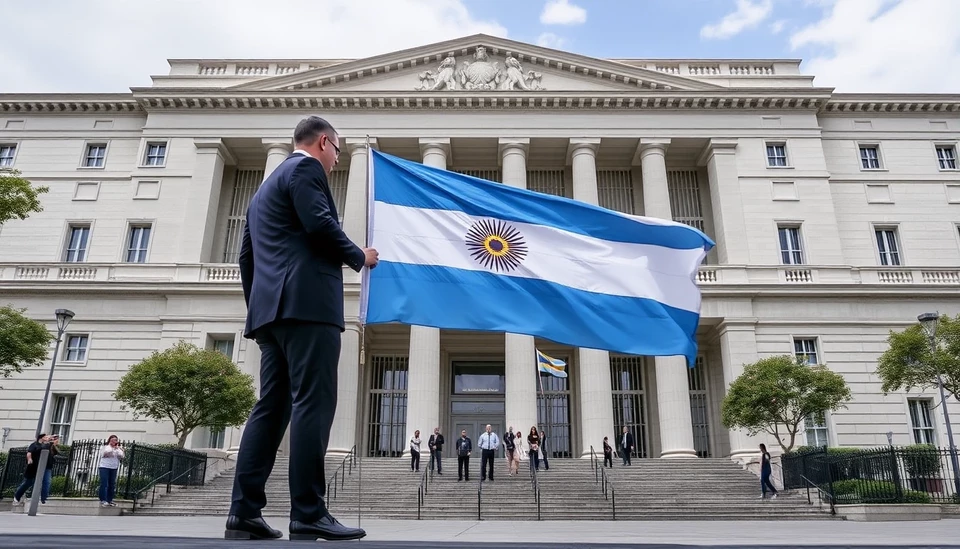
The International Monetary Fund (IMF) has published a sobering evaluation of its ongoing financial deal with Argentina, which involves a staggering $44 billion restructuring effort. This latest report underlines the deep economic turmoil facing the South American nation, as it grapples with soaring inflation, a depreciating currency, and increasing public dissatisfaction.
Since its arrangement with the IMF in 2018, Argentina has found itself in a precarious financial situation marked by a significant rise in its national debt. Approximately 39.2% of the country’s GDP is directly tied to its debt obligations, sharply limiting the government's ability to incentivize economic growth or address critical social issues. The IMF's latest report elaborates on these challenges, indicating that Argentina's economic recovery will take longer than anticipated, with potential social unrest on the horizon if conditions do not improve swiftly.
The IMF evaluated the country's performance under the program and expressed concerns regarding Argentina's policy direction. The report highlights an urgent need for effective reforms, particularly in areas like fiscal policies, currency stabilization, and energy management. Failure to implement robust economic measures may aggravate the situation, leading to a further deterioration of living standards for the average Argentine citizen.
One of the pivotal issues outlined in the IMF's assessment is the precarious state of public finances. Argentina's reliance on central bank financing has raised alarms, as it contributes to a cycle of inflation that shows no signs of abating. Inflation rates, which soared past 140% in recent months, are crippling household purchasing power and eroding savings. The current administration stands at a critical juncture, needing to balance urgent fiscal reforms with the immediate necessities of an increasingly discontent populace.
Alongside soaring prices, the Argentine peso has seen substantial devaluation, complicating the nation's import capabilities and further hindering recovery efforts. As international businesses weigh the risks associated with operating in Argentina, potential investors remain hesitant, stifling economic growth prospects.
Moreover, social unrest is looming as citizens take to the streets in protest against deteriorating living conditions. The government's plans for austerity are meeting fierce opposition, and a failure to address the immediate financial burdens facing families could lead to intensified demonstrations. The IMF’s assessment is clear: without immediate and tangible action, Argentina risks entering a spiral of economic decline that's difficult to reverse.
The future remains uncertain, as the IMF's findings serve as both a warning and a call to action for the Argentine government. To fulfill its commitments to creditors and restore economic stability, officials must implement credible reforms that address inflation and stimulate growth. The upcoming months will be crucial in determining whether Argentina can avoid a deeper crisis and lay a foundation for sustainable economic recovery.
As the situation continues to evolve, the Argentine populace, as well as international stakeholders, will be closely monitoring the government's strategy and response to this stark evaluation by the IMF.
#Argentina #IMF #Economy #DebtCrisis #Inflation #PublicProtests #EconomicReform
Author: Laura Mitchell




